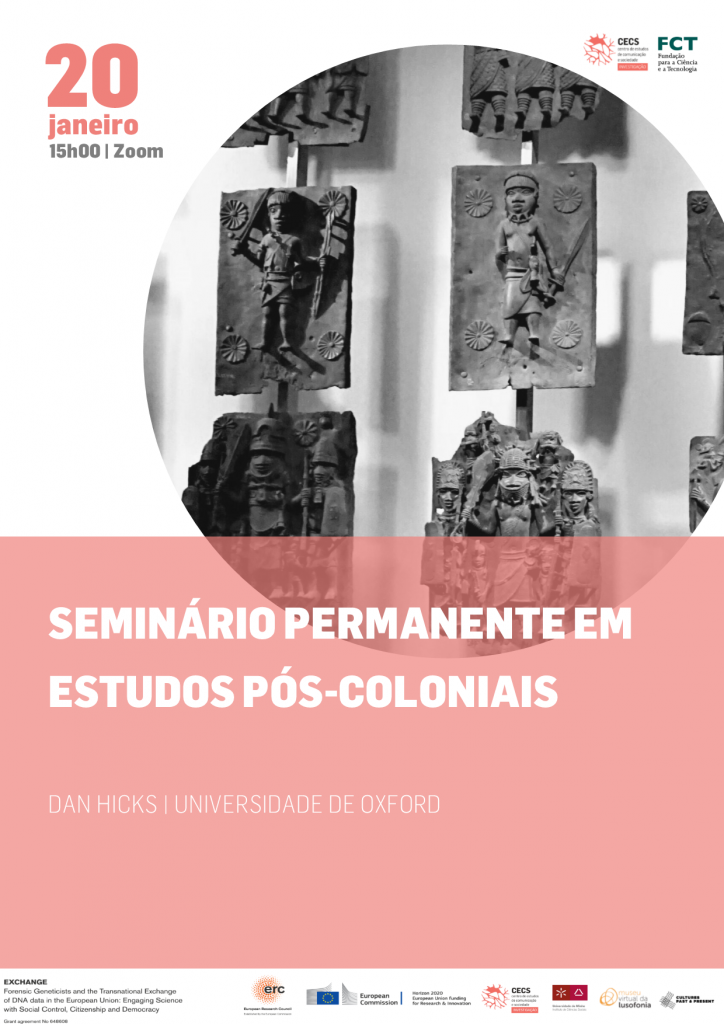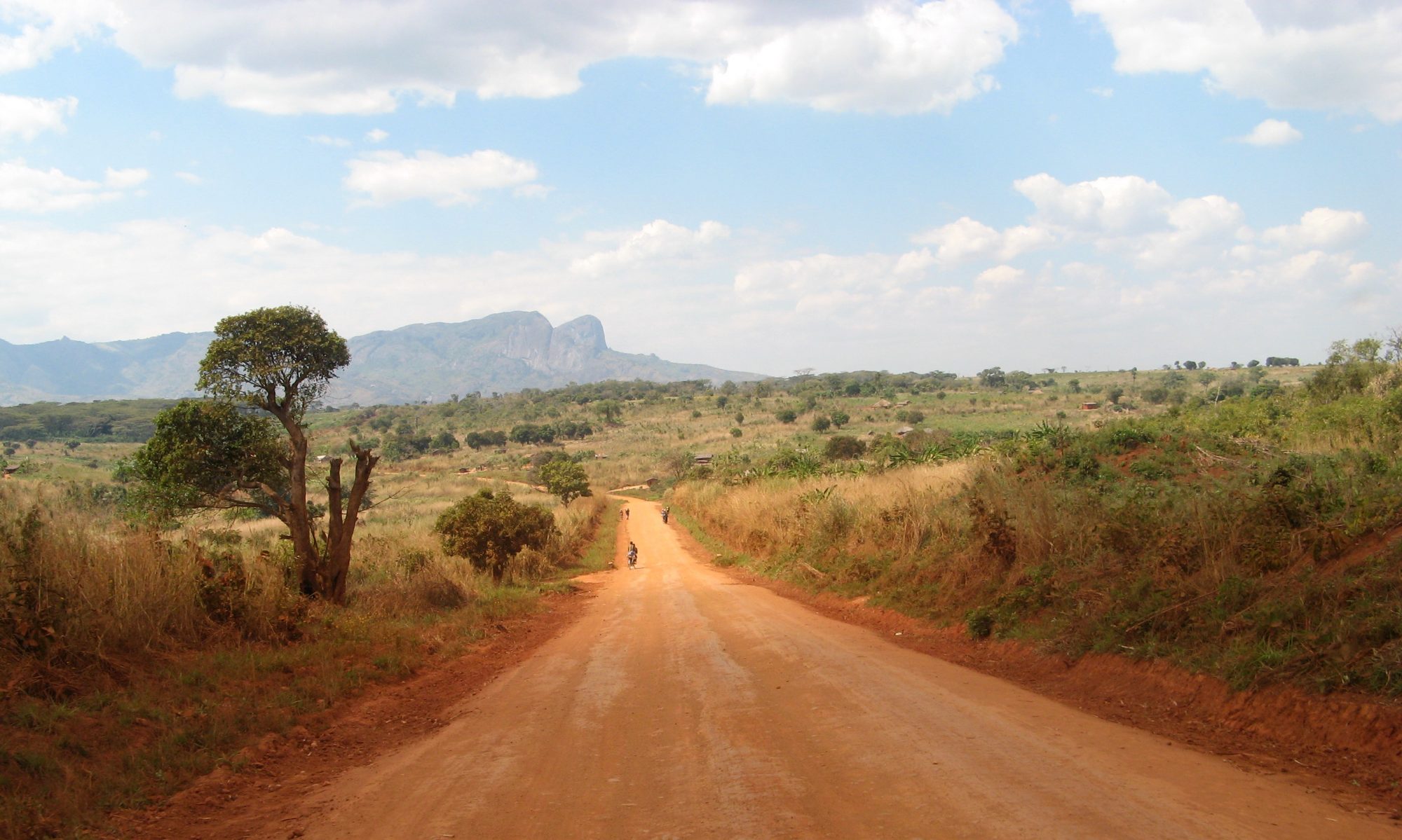The next CECS’ Permanent Seminar in Post-Colonial Studies will take place on January 20 (3:00 pm), via the Zoom platform and will feature Dan Hicks (Oxford University), author of the book The brutish museums: the Benin bronzes, colonial violence and cultural restitution (Pluto, 2020). Dan Hicks is Professor of Contemporary Archaeology at the University of Oxford, Curator at the Pitt Rivers Museum, and a Fellow of St Cross College, Oxford. This session of the Permanent Seminar on Post-Colonial Studies is also supported by the project Memories, cultures and identities: how the past weights on the present-day intercultural relations in Mozambique and Portugal?” the platform Virtual Museum of Lusophony.
The author argues that the return of materials to the countries from which they were created and stolen would be the beginning of a process of cultural restitution. It would allow nations that were colonies to celebrate and question their own cultural heritage. But it would also force the acceptance of its own colonial past.
A museum is not an island, so it cannot be closed on itself. As it is integrated into society, it must know how to talk about what is happening today if it wants to remain relevant, dealing with the past no matter how uncomfortable it may be.
It was not by chance that the largest international museum organization, the ICOM-International Council of Museums, debated the issue in an assembly held in September 2019, in Japan. In question, was the redefinition of the museum concept itself, without reaching conclusions, such was the controversy of the matter, which is why the deliberation was postponed.
The fact is that, in most museums, there is a discourse that confirms that the objects on display belong to Europeans who seem to be consensual, as they refer to the period in which they were colonizers, although this does not entirely correspond to the truth. That is why it is the order of the day to return artifacts existing in museums to their countries of origin. In this regard, Dan Hicks wrote, in 2020, the book “The brutish museums: the Benin bronzes, colonial violence and cultural restitution”, where he argues that the return of materials to the countries where they were created and from where they were stolen, allowed these nations to celebrate and question their own cultural heritage. But it would also force them to accept their own colonial past.

This seminar seeks to establish a dialogue with the past, not only in a textual and theoretical sense but also by calling and summoning real voices that help us to dialogue with colonial experiences and their reflection in the postcolonial time of our global societies. In this sense, the Permanent Seminar of Postcolonial Studies is born under the sign of a civic and ethical memory duty, based on an intercultural dynamic and results from a partnership between the CECS, the Master of Sociology of the University of Minho and the EXCHANGE Project.

